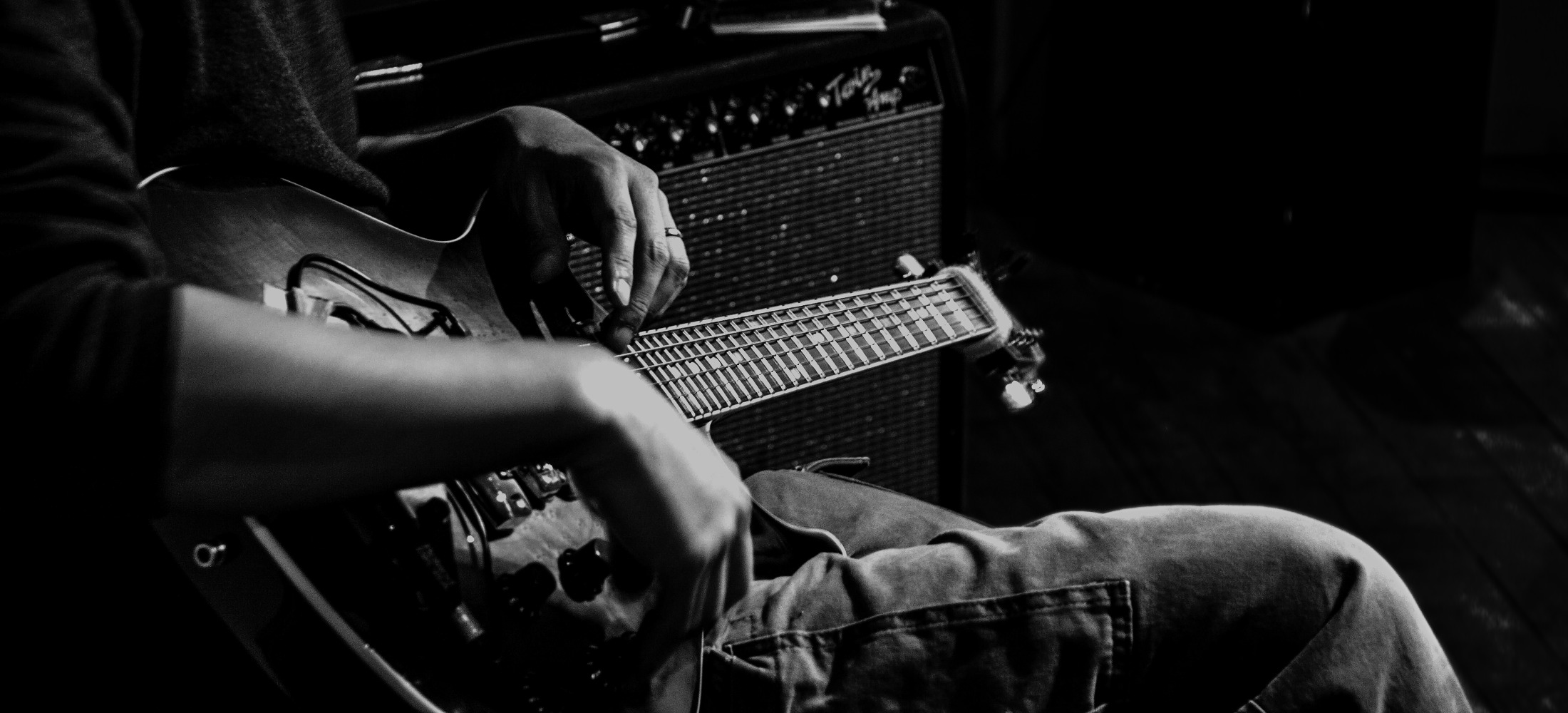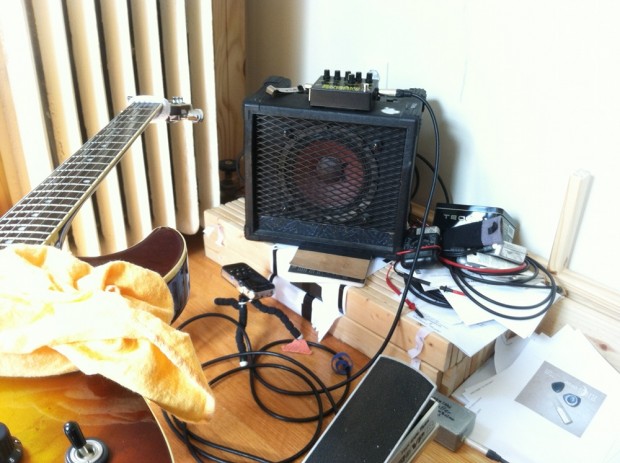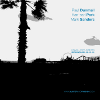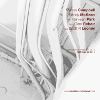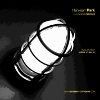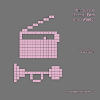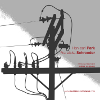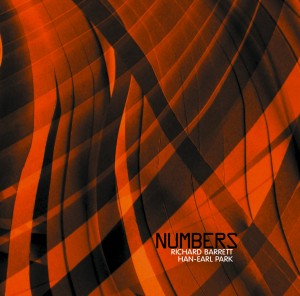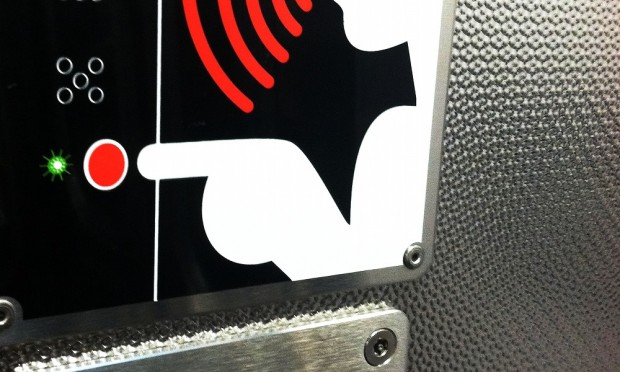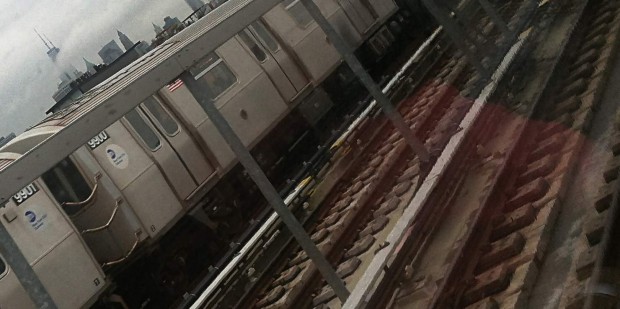| date | venue | time | details |
|---|---|---|---|
| October 27, 2013 | Downtown Music Gallery 13 Monroe Street New York, NY 10002 |
6:00pm | Performance by Eris 136199 (Nick Didkovsky: guitar; Han-earl Park: guitar; and Catherine Sikora: saxophones). Also performing: Samm Bennett. Free admission. [Details…] [DMG page…] |
| October 29, 2013 | Harvestworks 596 Broadway #602 New York, NY 10012 |
7:00pm | Performance of Metis 9 by Han-earl Park (guitar), Catherine Sikora (saxophones) and Josh Sinton (saxophone and clarinet). Free admission. [Details…] [Harvestworks page…] |
| November 7, 2013 | ModernFormations 4919 Penn Avenue Pittsburgh, PA 15224 |
8:00pm (doors: 7:30pm) | Performance by David Bernabo (guitar), Edgar Um Bucholtz (coronet, trash), J Wayne Clinton (synthesizer, homemade instruments), Han-earl Park (guitar) and Lenny Young (oboe) as part of Crucible Sound. Suggested donation: $7. [Details…] [Crucible Sound page…] |
13 Monroe Street New York, NY 10002 |
Canceled! Free admission. |
||
| November 20, 2013 | IBeam 168 7th Street Brooklyn, NY 11215 |
8:30pm | Performance by Anna Webber (saxophone) and Han-earl Park (guitar). Also performing: Joe Moffett (trumpet), Carlo Costa (drums) and Dan Peck (tuba). $10 suggested donation. [Details…] |
| November 21, 2013 | Andrew Drury’s home [Contact for location…] Lefferts Gardens Brooklyn, NY |
7:00pm | Soup and Sound House Concert with Jack Wright (saxophones) and Ben Wright (double bass) with Andrew Drury (percussion), Joe Moffett (trumpet), Dan Peck (tuba), Han-earl Park (guitar), Michael Evans (percussion) and others. Recommended donation: $10. [Details…] |
| November 26, 2013 | Douglass Street Music Collective 295 Douglass Street Gowanus Brooklyn, NY 11217 |
7:00pm | Gowanus Company curated by Kyoko Kitamura, Josh Sinton and Han-earl Park. Performers: Dan Blake (saxophone), Olie Brice (double bass), Viv Corringham (voice and electronics), Nick Didkovsky (guitar), Michael Evans (drums), Ken Filiano (double bass), Christopher Hoffman (’cello), Jason Kao Hwang (violin), Kyoko Kitamura (voice), Ingrid Laubrock (saxophone), Jeremiah Lockwood (voice and guitar), Russ Lossing (piano), Han-earl Park (guitar), Tom Rainey (drums), Josh Sinton (saxophone and clarinet), Fay Victor (voice) and others. Recommended donation: $10. [Details…] [DSMC page…] |
| 2014– | Europe | I will be moving back to Europe at the start of 2014, and I am seeking performance opportunities for, in particular, my Europe-based projects including Numbers (with Richard Barrett), Mathilde 253 (with Charles Hayward and Ian Smith), and io 0.0.1 beta++ (with Bruce Coates and Franziska Schroeder). Interested promoters, venues and sponsors, please get in touch! |
Continue reading “performance diary 10-23-13 (Brooklyn, New York, Pittsburgh)”
